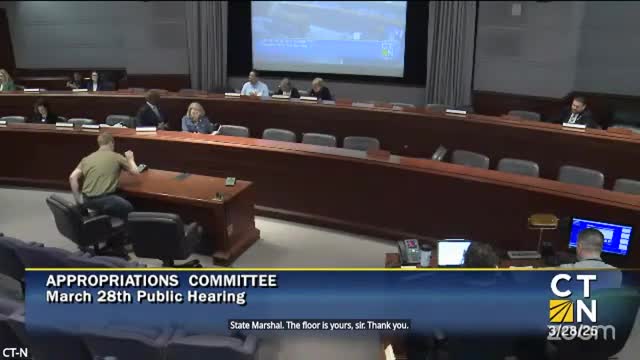Article not found
This article is no longer available. But don't worry—we've gathered other articles that discuss the same topic.
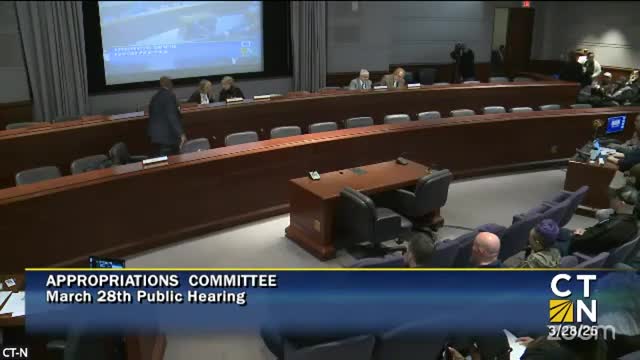
Debate over Teachers' Retirement eligibility: Connecticut Association of Schools seeks limited inclusion; Children's Center of Hamden and TRS oppose exclusions
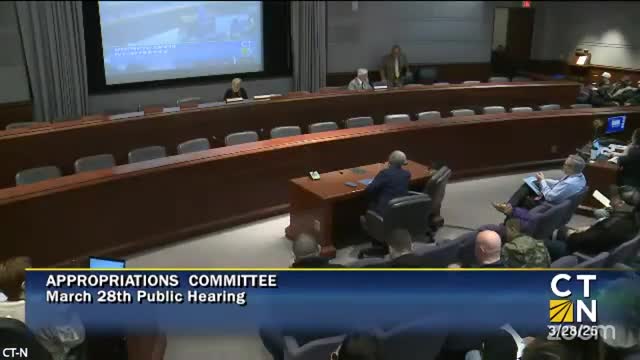
Registrars and secretary of state urge formula-based grants for municipal early voting costs under SB 17
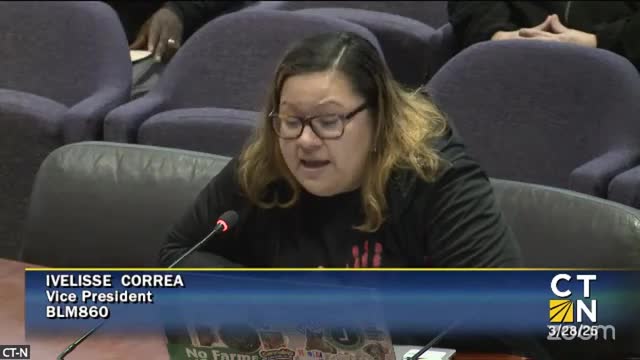
Dozens of state employees urge Appropriations Committee to reject Senate Bill 24, which would exclude overtime from pension calculations
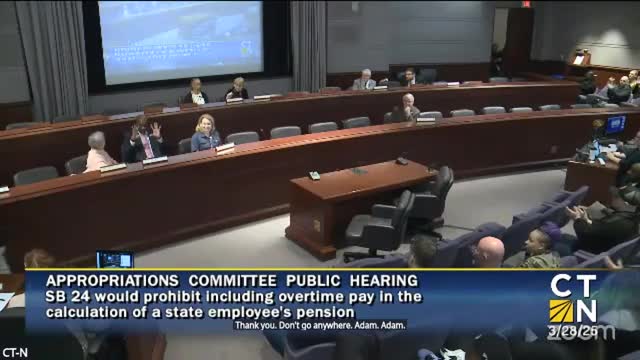
Advocates and Michael J. Fox Foundation urge $500,000 Parkinson's research account in HB 7,233
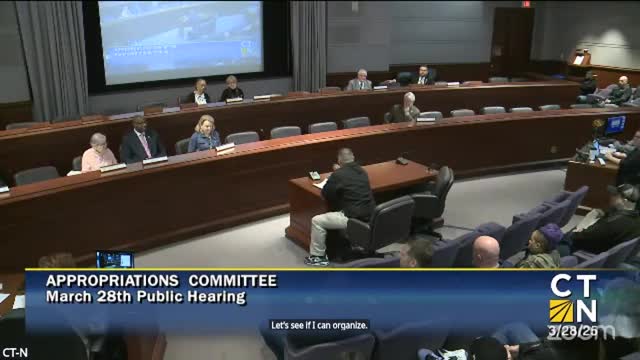
Community action agencies urge review of state contracting and payment delays in HB 7232
